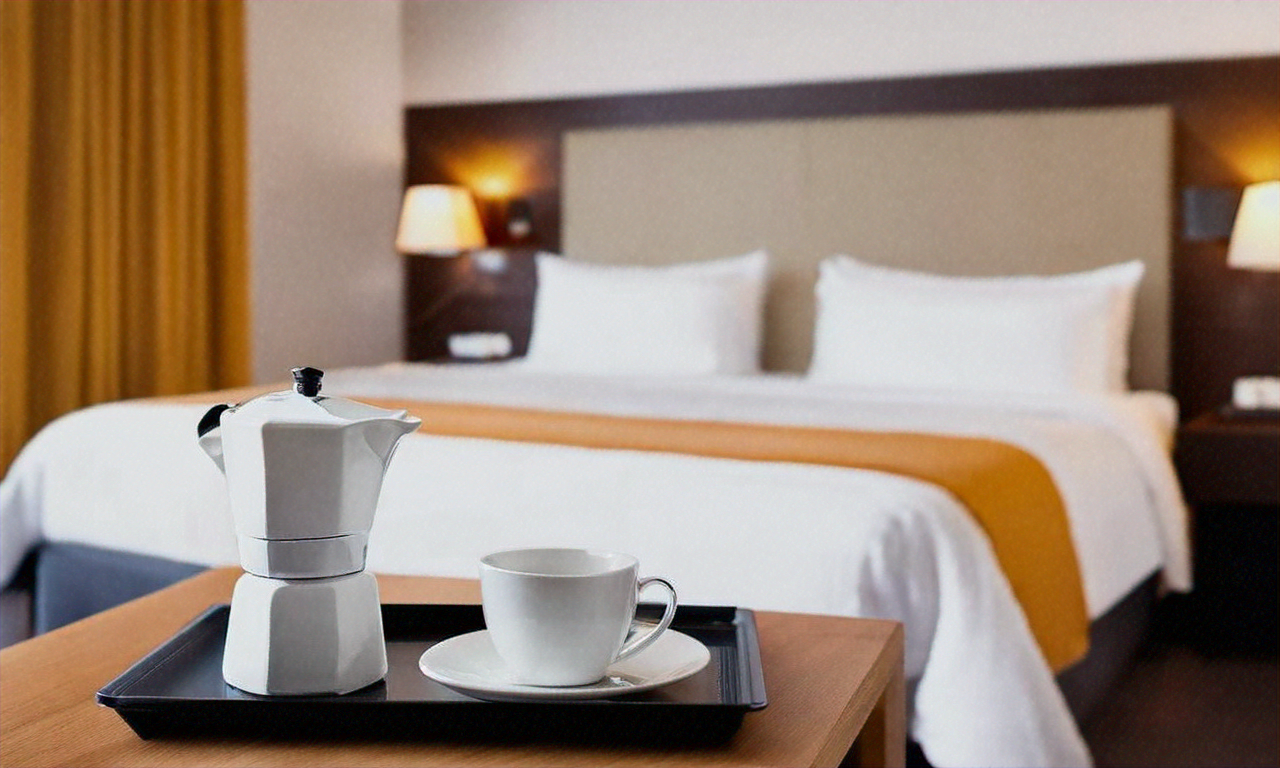Understanding Tinnitus: Causes, Impact, and Management Strategies
Tinnitus affects millions of people worldwide, creating persistent sounds that others cannot hear. This complex auditory phenomenon can manifest as ringing, buzzing, hissing, or clicking sounds that originate within the ear rather than from external sources. Understanding tinnitus is the first step toward managing its effects and improving quality of life for those experiencing this often-frustrating condition.

Living with persistent sounds that others cannot hear can be challenging. Tinnitus is a common yet complex condition that affects hearing perception and can significantly impact daily life. While not a disease itself, tinnitus serves as a symptom that something may be occurring within your auditory system. This article explores what tinnitus is, how lifestyle factors contribute to it, and strategies for maintaining ear health and comfort.
What Is Tinnitus and How Does It Affect Sound Perception?
Tinnitus is the perception of sound when no external sound source is present. These phantom noises commonly manifest as ringing, buzzing, hissing, clicking, or roaring sounds. For some, tinnitus presents as a low background noise, while others experience overwhelming sounds that interfere with concentration and daily activities.
There are two primary types of tinnitus. Subjective tinnitus, the most common form, is audible only to the person experiencing it and often results from issues in the outer, middle, or inner ear, or problems with auditory nerves. Objective tinnitus, which is rare, can actually be heard by a doctor during examination and typically stems from blood vessel issues, muscle contractions, or bone conditions.
Tinnitus affects sound perception by introducing noise that doesn’t exist externally, potentially masking actual sounds and making it difficult to focus on conversations or enjoy quiet moments. Many people with tinnitus also experience hyperacusis, an increased sensitivity to certain sound frequencies and volumes that can make normal environmental sounds uncomfortable or painful.
Common Lifestyle Factors Linked to Tinnitus
Several lifestyle elements can trigger or worsen tinnitus symptoms. Exposure to loud noise represents one of the most significant risk factors, whether from a single traumatic noise event or prolonged exposure in work environments or recreational activities like concerts or sporting events. Even personal audio devices played at high volumes can contribute to tinnitus development.
Dietary choices may influence tinnitus severity for some individuals. Caffeine, alcohol, and high-sodium foods have been reported by some to exacerbate symptoms, though responses vary significantly between individuals. Similarly, stress and anxiety often intensify tinnitus perception, creating a challenging cycle where tinnitus causes stress, which then makes the tinnitus seem louder.
Certain medications can trigger or worsen tinnitus as a side effect. These include some antibiotics, cancer medications, diuretics, high doses of aspirin, and certain antidepressants. Additionally, smoking may affect tinnitus by reducing blood flow to the sensitive structures of the ear.
Habits That Support Long-Term Ear and Hearing Wellness
Protecting your hearing is essential for preventing tinnitus or managing existing symptoms. Using appropriate hearing protection in noisy environments is crucial—whether earplugs at concerts, earmuffs when operating loud machinery, or custom-fitted devices for those regularly exposed to noise. Experts recommend following the 60/60 rule when using headphones: listen at no more than 60% of maximum volume for no longer than 60 minutes at a time.
Regular hearing check-ups can identify potential issues before they worsen. Audiologists recommend baseline hearing tests for adults and regular follow-ups, especially for those working in noisy environments or with a family history of hearing issues.
Maintaining good cardiovascular health supports ear wellness by ensuring proper blood flow to the delicate structures of the inner ear. Regular exercise, balanced nutrition, and managing blood pressure can all contribute to better ear health. Additionally, keeping the ears clean while avoiding inserting objects into the ear canal helps prevent damage to sensitive structures.
How Mindfulness and Sound Environment Affect Ear Comfort
The relationship between mental state and tinnitus perception is significant. Mindfulness meditation and relaxation techniques can help reduce the perceived intensity of tinnitus by changing how the brain processes these internal sounds. Regular practice of these techniques helps train the brain to focus attention away from tinnitus and reduce the stress response it often triggers.
Sound therapy represents another approach to managing tinnitus discomfort. Background noise from white noise machines, fans, or nature sounds can mask tinnitus and make it less noticeable. Sound enrichment techniques work by providing the brain with alternative auditory input, reducing the contrast between tinnitus sounds and silence, which often makes tinnitus more noticeable.
Creating an optimal sound environment at home and work can significantly improve comfort for those with tinnitus. This might involve using sound-absorbing materials to reduce echoes, positioning yourself away from noise sources during conversations, or using assistive listening devices in challenging acoustic environments.
Awareness and Understanding of Tinnitus
Tinnitus affects approximately 10-15% of the population, making it a common condition that deserves greater awareness. Understanding that tinnitus is a symptom rather than a disease helps frame appropriate expectations about management strategies. For many people, tinnitus becomes less bothersome over time as the brain gradually adapts through a process called habituation.
Education about tinnitus helps dispel common misconceptions. For instance, while tinnitus currently has no universal cure, many management strategies can significantly reduce its impact on quality of life. Support groups, both in-person and online, provide valuable resources for those experiencing tinnitus, offering community understanding and shared coping strategies.
Tinnitus can significantly impact mental health, with links to increased rates of anxiety and depression among those affected. Acknowledging these connections is important, as addressing mental health concerns often improves tinnitus perception and overall wellbeing.
Conclusion
Tinnitus represents a complex interplay between auditory function, brain processing, lifestyle factors, and individual perception. While it can be challenging to live with, understanding the condition and implementing appropriate management strategies can significantly improve quality of life. By protecting hearing, creating supportive sound environments, practicing mindfulness techniques, and seeking appropriate support when needed, many people find they can effectively manage tinnitus and reduce its impact on daily life.
This article is for informational purposes only and should not be considered medical advice. Please consult a qualified healthcare professional for personalized guidance and treatment.



